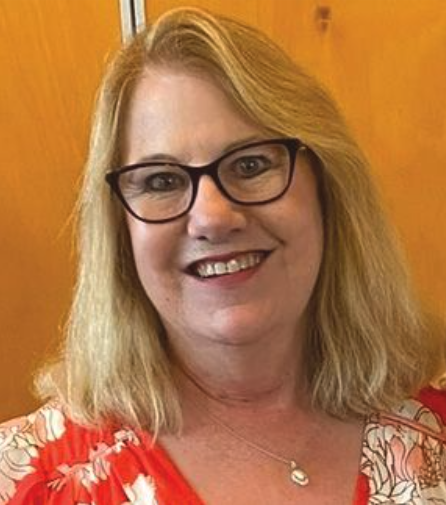
Tessa McGavock
Time and support make a dramatic difference for Educational Leaders, writes Lucy Meyer.
It’s been over a decade since the Educational Leader position was introduced to the sector in NSW. Established in 2012 by The Australian Children’s Education and Care Quality Authority (ACECQA), it’s now a critical role in early childhood centres across NSW. But the experience of being an Educational Leader varies as widely as the conditions.
While some Educational Leaders receive extra pay, hours, and support from their employer, many others don’t.
Tessa McGavock is the Educational Leader and Director at Western Sydney University Early Learning Penrith. The IEU member, who has been teaching for over 46 years and working as an Educational Leader for 12, receives no additional pay for the role. The enterprise agreement for her centre was approved before the Educational Leader allowance was introduced in late 2022. McGavock is not alone, with many centres falling into this category. McGavock feels strongly that all Educational Leaders should be compensated for the work.
On the other side of Sydney, another IEU member, Kirsten Hoolahan is working under very different circumstances. Hoolahan, a teacher at Gordon Community Preschool, has served as the Educational Leader for just over a year. While her workplace doesn’t have an enterprise agreement, thanks to the backing of her director, Hoolahan receives an allowance on top of her teaching wages.
Hoolahan also credits her director with allowing her to work directly with children three days per week and as an Educational Leader for the other two — a proposal Hoolahan advocated for. When asked whether it’s possible to do the work in less than two days, Hoolahan responded: “I’d say it’s possible, but not possible to do it well.”
You need time, she believes, to keep up to date with the latest research and professional development, guide other teachers, be a sounding board for colleagues and communicate with your team.




































































































































